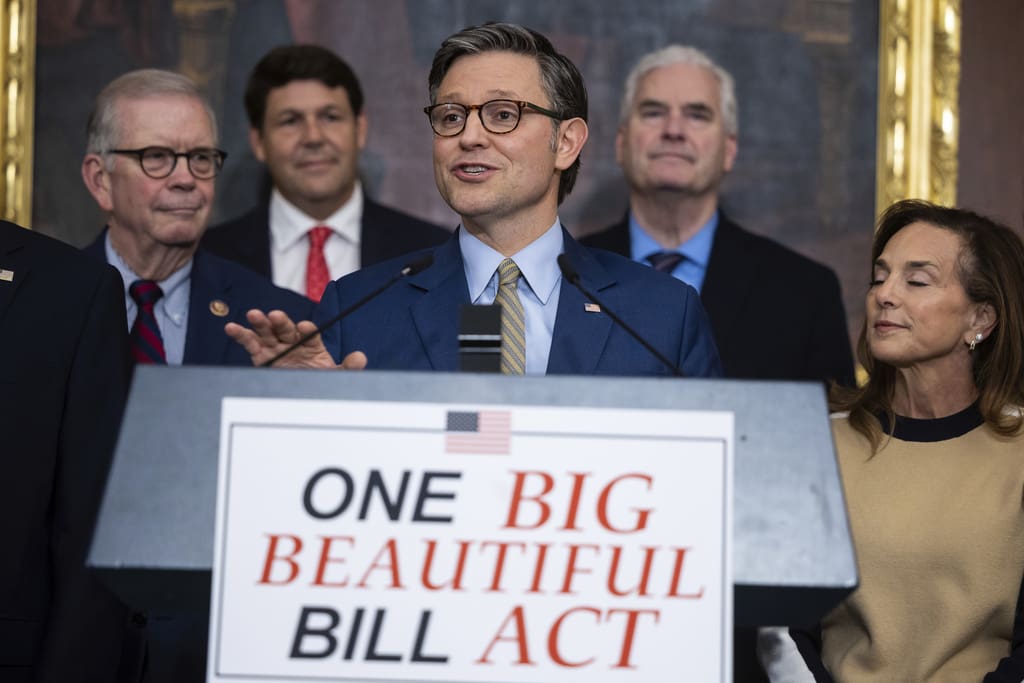Health Insurance Coverage Faces Uncertainty Amid New Budget Bill
Debate rages among House Republicans over the potential impact of a newly passed budget bill on millions of Americans’ health insurance status. As Democratic lawmakers point to significant potential losses in coverage, Republicans challenge these assertions.
Democrats claim that as many as 13.7 million individuals, many of whom are Medicaid beneficiaries, could lose their insurance. This figure is contested by House Republicans.
Rep. Ken Calvert (R-CA) stated, “The Budget Resolution passed today does not specify any cuts to federal programs. I want to make it clear that I do not support cuts to Social Security, Medicare and the safety net programs our vulnerable Americans rely on.”
However, the nonpartisan Congressional Budget Office (CBO) presents a different perspective. The bill introduces stricter work requirements for Medicaid, mandating beneficiaries to demonstrate at least 80 hours of work or education in the month preceding enrollment. States could potentially extend this requirement to a full year.
In addition, the bill proposes significant reductions in discretionary spending for the Department of Health and Human Services (HHS) and the Centers for Medicare & Medicaid Services (CMS), which oversee these programs.
According to the CBO, these changes might result in over 7.6 million people losing Medicaid coverage. This number could rise further when considering modifications to the Affordable Care Act (ACA).
The expiration of tax credits from the 2022 Inflation Reduction Act, aimed at assisting low- and middle-income Americans with ACA plan costs, further complicates the situation. The current Republican bill fails to renew these credits, pushing many ACA participants to potentially forgo coverage due to increased expenses.
Rep. Alexandria Ocasio-Cortez (D-NY) highlighted the potential impact, stating, “Thirteen point seven million Americans are the number of people in this country whose health care are going to be stripped in this bill. Now, Republicans are going to try to tell you every distraction in the book from that essential number.”
The repercussions of changes to Medicaid and the ACA may extend beyond those losing coverage, potentially affecting healthcare access for insured individuals too.
Financial struggles have placed over 30% of rural hospitals in the U.S. at risk of closure, many of which depend on Medicaid payments. Rep. Mariannette Miller-Meeks (R-IA) might witness the closure of four hospitals in her district.
Public sentiment, as per the Kaiser Family Foundation, leans heavily against major cuts, with 76% opposing significant Medicaid reductions and 65% against cutting ACA tax credits.






